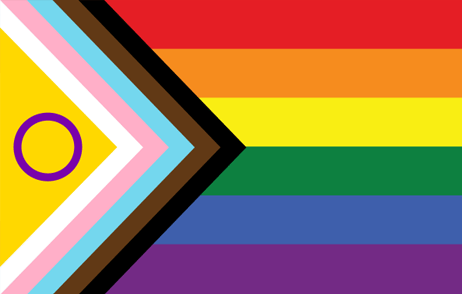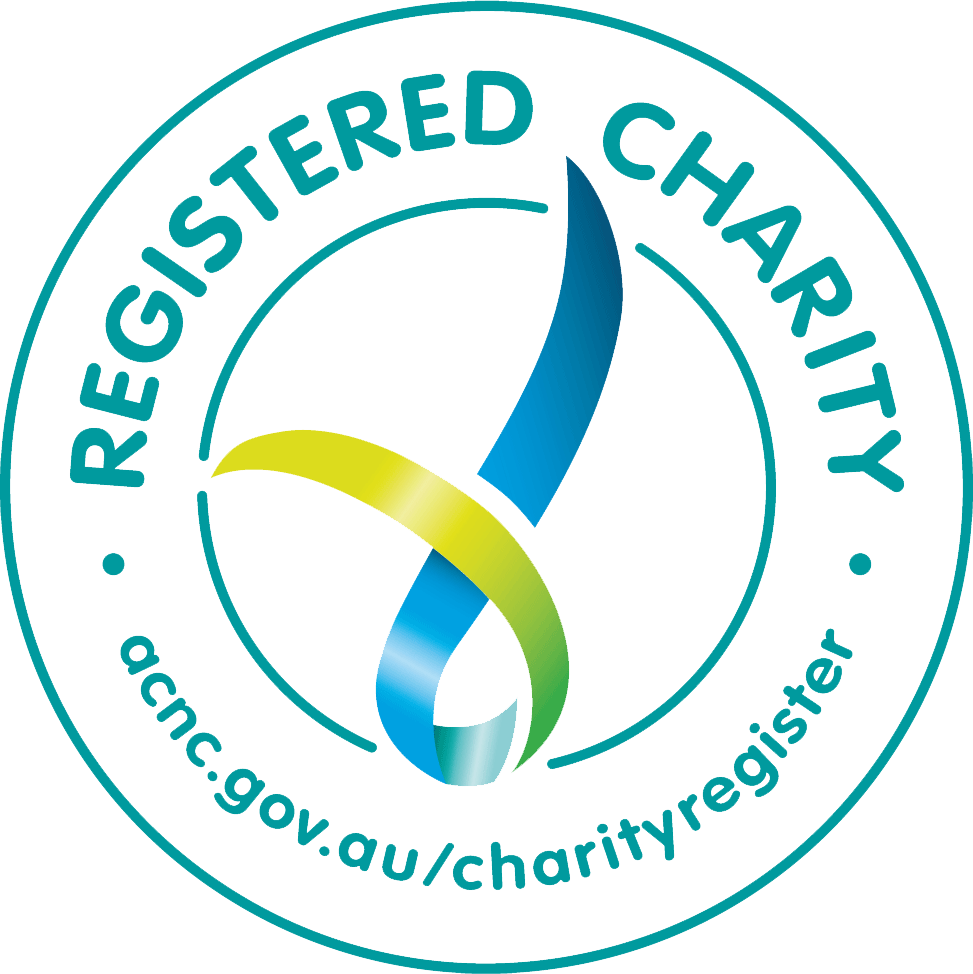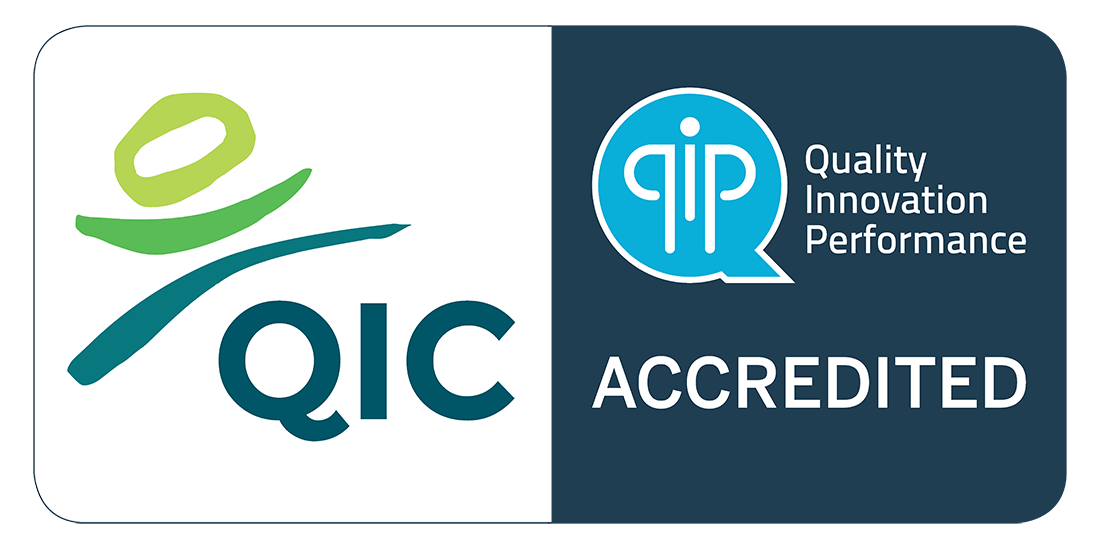This Kinship Care Week, we celebrate the extraordinary families who step up to care for children when they need it most. Kinship care – where children are looked after by relatives or close family friends – is the fastest-growing type of out-of-home care in Victoria. For many children, it means staying connected to their identity, culture, and community, even during difficult times.
At Lighthouse Foundation, we know the love, stability, and resilience that kinship carers provide can transform a child’s life. Our trauma-informed, relational model of care is designed to walk alongside these families, ensuring they feel supported and empowered in their vital role.
The current climate of Kinship Care in Victoria
Across Victoria, kinship care is becoming the foundation of the out-of-home care system. More than half of all children in care are now placed with family or friends – a reflection of how much children benefit from remaining close to their roots.
This growth shows the strength of families and communities. But it also highlights the need to ensure carers are not left carrying the responsibility alone. Research has shown that many kinship carers face financial pressures, complex systems, and the challenge of supporting children who have experienced trauma.
Other studies point to important opportunities for change:
- Family support makes a difference: With the right help, carers can overcome the stress of family violence dynamics and create safe, healing environments.
- Young carers stepping up: A new generation of carers, aged 16–30, is emerging. Recognising and empowering them is key to building a more inclusive and sustainable kinship care system.
National figures reinforce this trend: across Australia, tens of thousands of children are in kinship placements, and numbers are rising. While the challenges are real, the message is clear – kinship care works best when families are supported. With the right community backing, kinship care offers children stability, belonging, and hope for the future.
Lighthouse’s point of difference: The Hub Home model
What sets Lighthouse apart is our Hub Home model — a unique approach that gives kinship carers and children a “home away from home.” It’s more than a home; it’s a place of belonging, connection, and stability.
Through the Hub Home, carers and young people gain access to:
- Therapeutic case management – regular guidance from a dedicated Case Manager who helps coordinate family visits, school, health needs, and overall wellbeing.
- Hands-on support – in-home help from Therapeutic Carers when needed, modelling strategies and offering practical backup.
- Connection and learning – group activities, reflective spaces, and ongoing training to strengthen carers’ skills and reduce isolation.
- Respite and flexibility – opportunities for carers to take a break, with children supported through sleepovers, events, and 24/7 backup when challenges arise.
By combining community connection, therapeutic care, and practical support, Lighthouse helps kinship families not just survive, but thrive. Our model empowers carers, strengthens placements, and ensures children feel safe, supported, and truly at home.
Looking Ahead: A Future Where Kinship Care Thrives
The rise of kinship care in Victoria is not just a challenge – it’s also an opportunity. It shows that families and communities are willing to step forward, and with the right support, they can offer children stability, connection, and hope.
At Lighthouse, we imagine a future where every kinship carer feels valued and supported, and every child grows up knowing they belong.
This Kinship Care Week, we honour the carers, children, and families who are proving that love, therapeutic care, and connection can transform lives. Together, we can build a brighter future for every child.
“Kinship carers are the quiet heroes of our community. They open their hearts and homes in difficult times, and at Lighthouse we’re here to make sure they never walk that journey alone. Together, we can create the village of support every child and carer deserves.” – Brenda Boland, Lighthouse Foundation CEO







